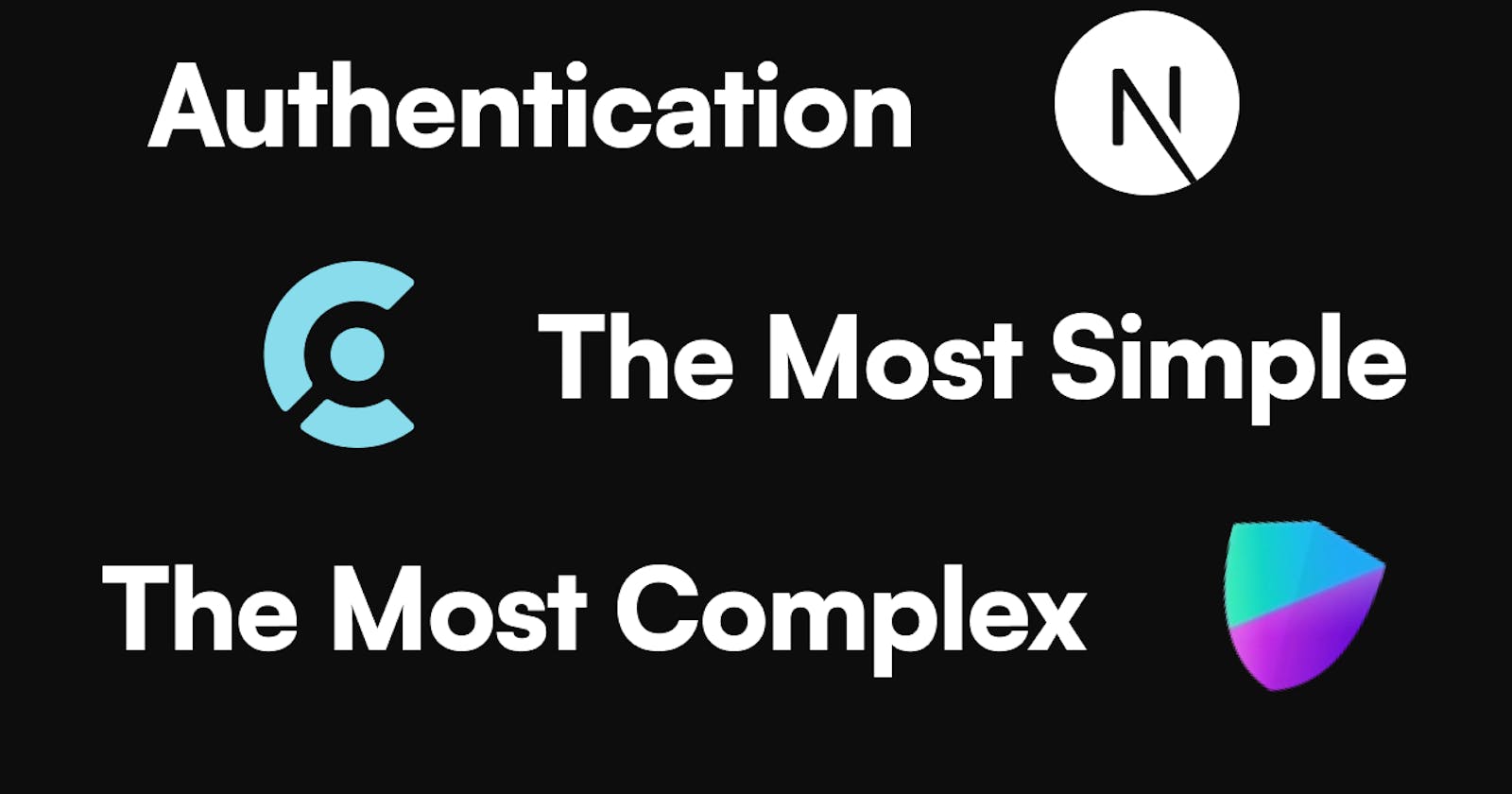Nowadays, Authentication is one of the most simple and complex things in Web Development. Two prominent authentication solutions that have gained traction among developers are Clerk and NextAuth. While both offer robust authentication capabilities, they differ in their approach and suitability for specific use cases.
Clerk Authentication: A Hosted Solution for Seamless Integration
Clerk stands out as a hosted authentication solution that simplifies the user management process. With its intuitive dashboard and pre-built components, Clerk streamlines the integration of authentication into web applications. Key features of Clerk include:
Ease of use: Clerk's user-friendly interface and pre-built components make it easy to integrate authentication into web applications without extensive coding expertise.
Seamless integration: Clerk seamlessly integrates with popular frameworks like React, Next.js, and Nuxt.js, ensuring a smooth developer experience.
Comprehensive features: The Clerk offers a wide range of features, including email and password authentication, social logins, multi-factor authentication (MFA), and user management tools.
Clerk Authentication Code Example with Next.js 14:
import { ClerkProvider } from '@clerk/nextjs';
import { UserButton } from '@clerk/clerk-ui';
function MyApp({ Component, pageProps }) {
return (
<ClerkProvider>
<Component {...pageProps} />
<UserButton />
</ClerkProvider>
);
}
export default MyApp;
NextAuth Authentication: A Self-Hosted Solution for Granular Control
NextAuth emerges as a self-hosted authentication solution that provides developers with granular control over the authentication process. It offers a set of adapters for various frameworks and services, enabling developers to customize the authentication flow to their specific requirements. Notable features of NextAuth include:
Self-hosted: NextAuth is self-hosted, giving developers complete control over their data and user authentication processes.
Flexibility: NextAuth offers a high degree of flexibility, allowing developers to tailor the authentication flow to their specific needs.
Community support: NextAuth boasts a vibrant community and extensive documentation, making it easy to find support and guidance.
NextAuth Authentication Code Example with Next.js 14:
import { NextAuth } from 'next-auth';
import { PrismaAdapter } from '@next-auth/prisma-adapter';
import prisma from './prisma';
export default NextAuth({
adapter: PrismaAdapter(prisma),
providers: [
// Configure your authentication providers here
],
pages: {
signIn: '/signin',
signUp: '/signup',
},
callbacks: {
async session(session) {
session.user = await prisma.user.findUnique({
where: { id: session.user.id },
});
return session;
},
},
});
Choosing the Right Authentication Solution: A Scenario-Based Approach
The choice between Clerk and NextAuth depends on the specific requirements and preferences of the project. Here's a scenario-based approach to selecting the appropriate solution:
| Scenario | Recommended Solution | Reason |
| Rapid authentication integration and user management | Clerk | Ease of use and pre-built components |
| Granular control over authentication flow and infrastructure management | NextAuth | Flexibility and extensive documentation |
| Balancing ease of use and granular control | Combine Clerk and NextAuth | Clerk for user management and basic authentication, NextAuth for complex authentication flows |
Conclusion
Clerk and NextAuth both offer robust authentication solutions, each catering to specific needs and preferences. Clerk simplifies authentication integration and provides comprehensive user management, while NextAuth empowers developers with granular control over the authentication process. The most suitable authentication solution is the one that seamlessly integrates with the project's infrastructure, aligns with the developer's skill set, and effectively safeguards user data and application access.
Table Summary of Key Differences
| Feature | Clerk | NextAuth |
| Approach | Hosted | Self-hosted |
| Ease of use | Easy to use with pre-built components | Requires more coding expertise |
| Flexibility | Less flexible | Highly flexible |
| Control | Less control over infrastructure | Complete control over infrastructure |
| Community support | Smaller community | Larger community |
| Recommended for | Rapid authentication integration and user management | Granular control over authentication flow and infrastructure management |
